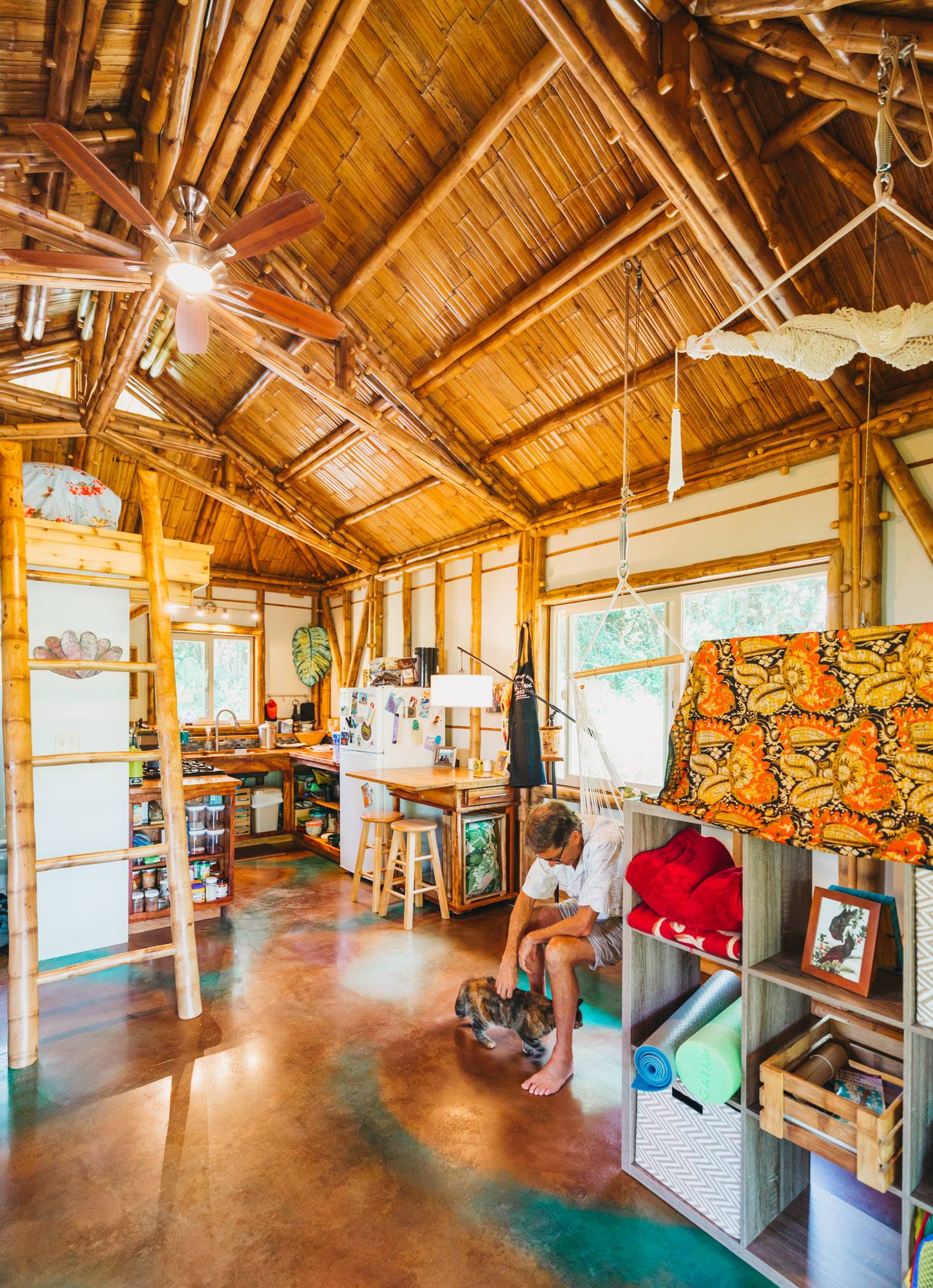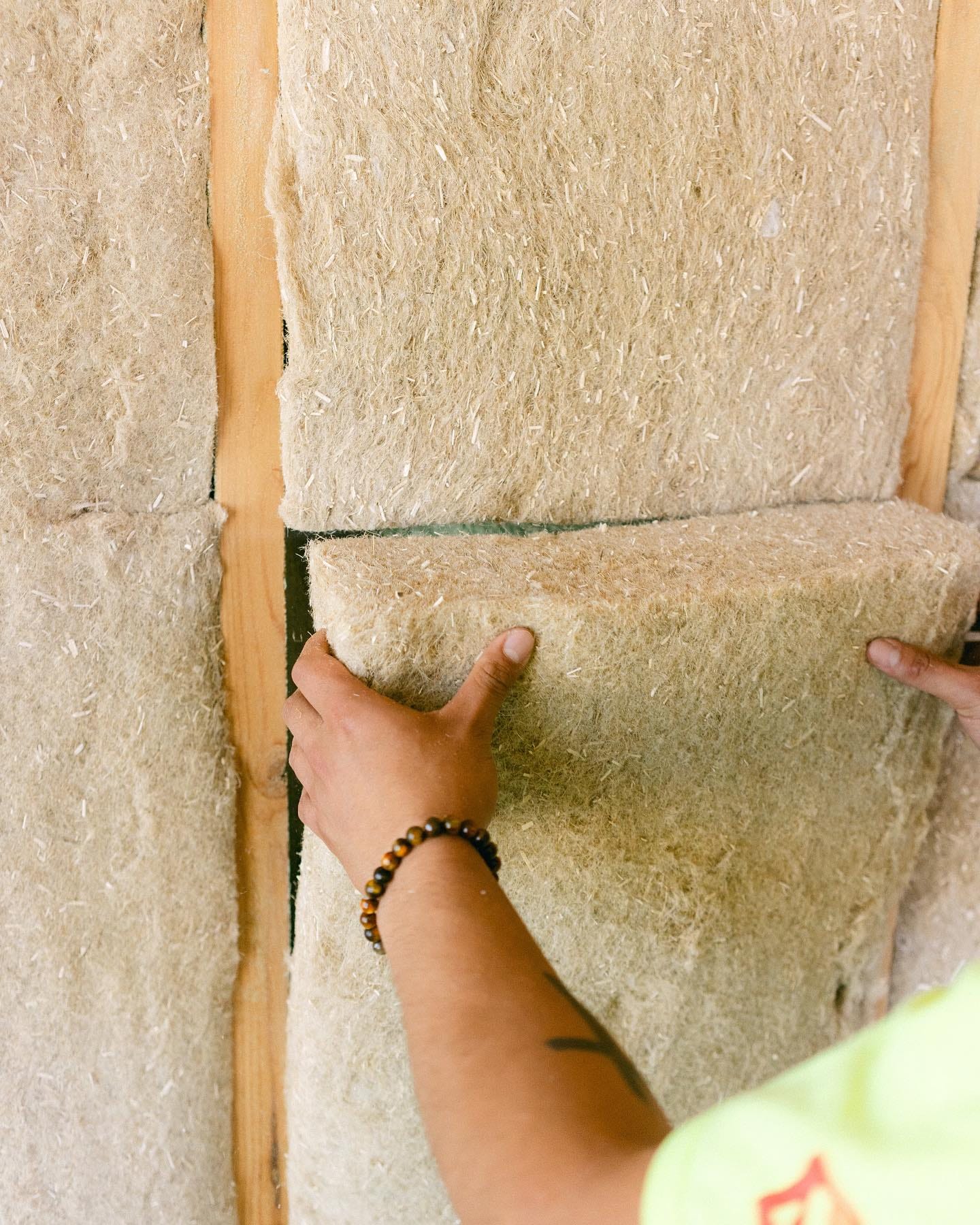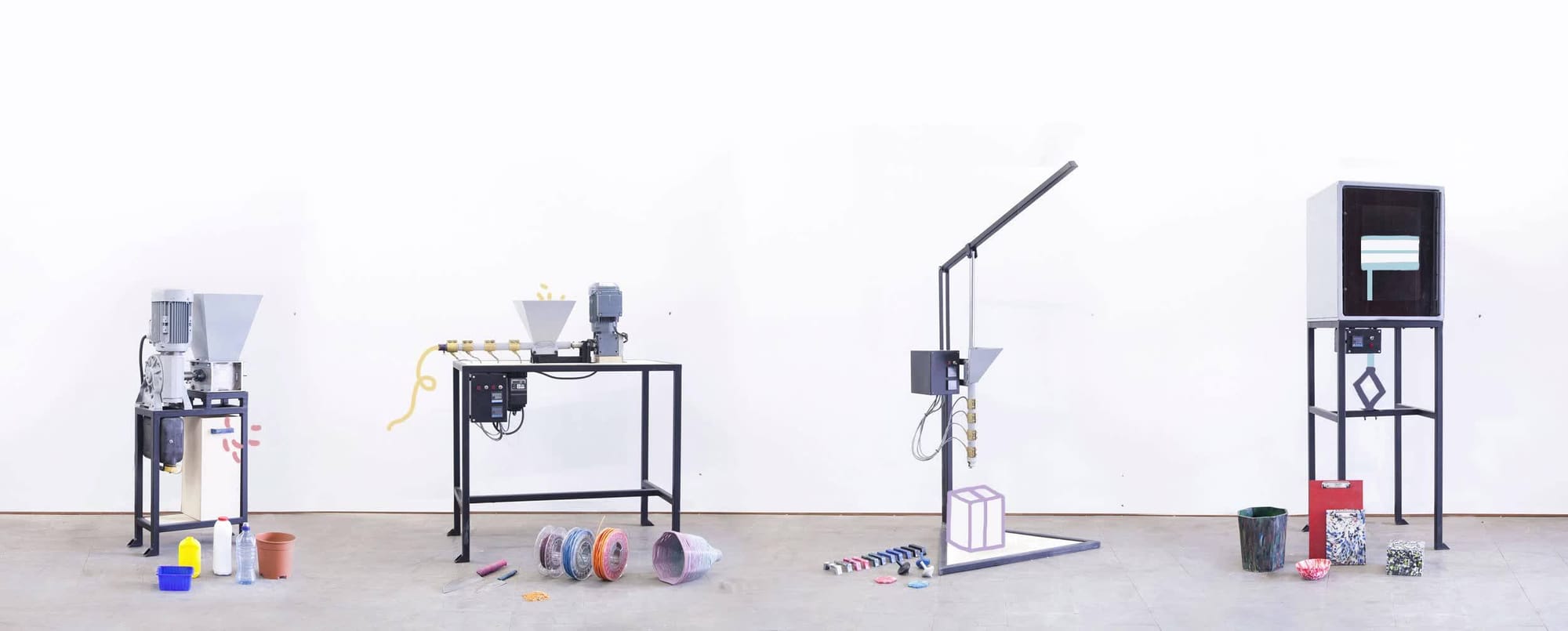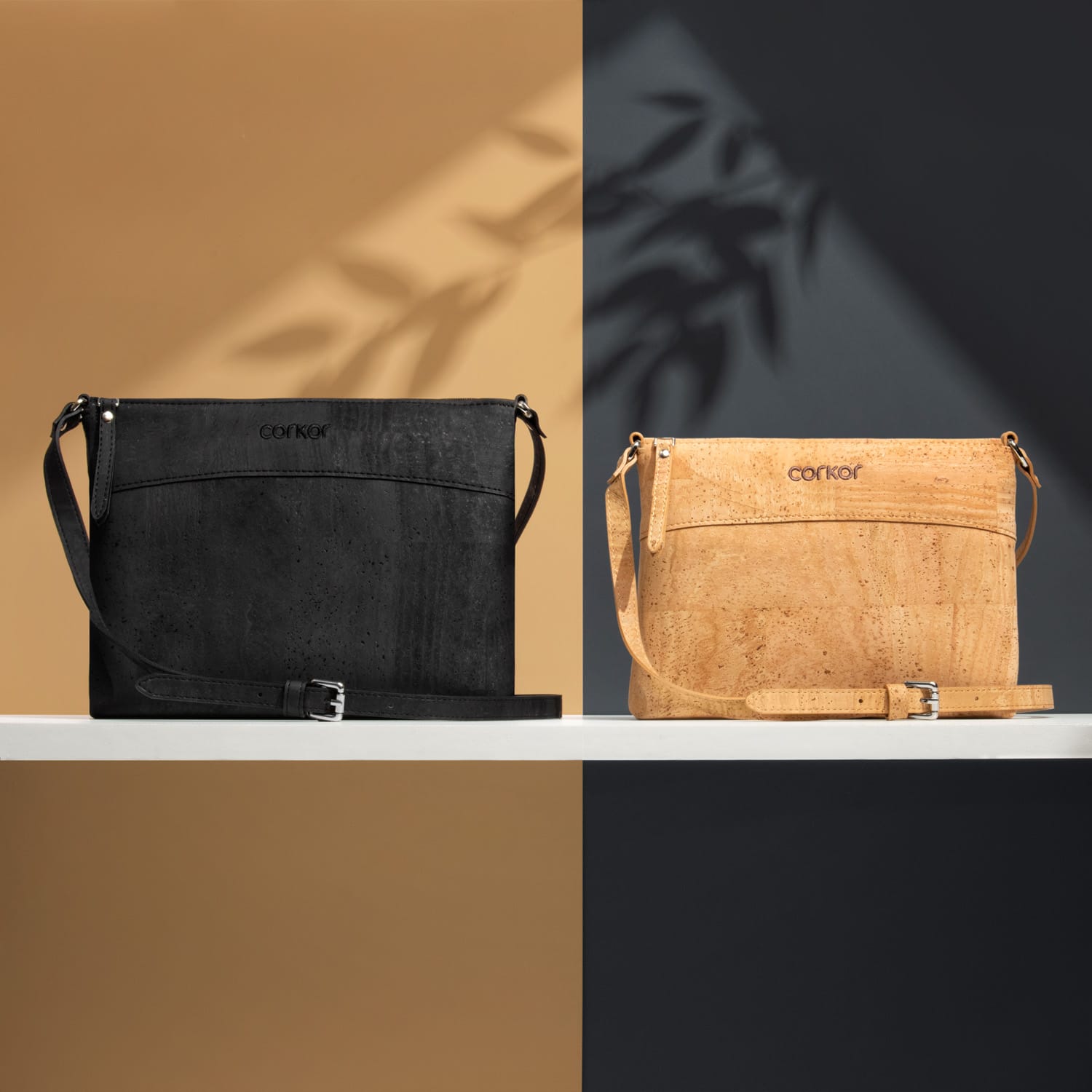The global push towards sustainability has led industries to adopt eco-friendly materials that reduce environmental impact while enhancing product functionality.
These materials, derived from renewable sources or recycled from existing products, are revolutionizing traditional industries—from construction and fashion to technology and beyond.
With global consumers becoming more environmentally conscious, businesses are responding by integrating sustainability into their core operations. The adoption of materials like bamboo, hemp, and recycled plastics is not just a trend but a long-term investment towards eco-innovation.
These materials are not only pivotal in lowering carbon footprints and waste but also play a significant role in building a circular economy, where materials are continuously reused or recycled.
In this guide, we explore ten eco-friendly materials that are setting new standards for sustainability. Each material offers unique properties and applications that are transforming industries, paving the way for a more sustainable and resilient future.
As we delve into each material, we'll discover how they are used today and their potential to shape innovations of tomorrow.
Bamboo

Bamboo is one of the fastest-growing plants on Earth, making it a superbly sustainable choice for a variety of uses. In construction, bamboo's tensile strength rivals that of steel, and it is increasingly used in eco-friendly building projects for flooring, wall paneling, and structural elements.
Its natural antibacterial properties also make it ideal for household products like cutting boards and bedding. In the textile industry, bamboo fibers are processed into a soft, breathable fabric that is used in clothing and linens, offering an eco-friendly alternative to synthetic materials with the added benefit of biodegradability.
Use Cases
- Bamboo Homes: Companies like Bamboo Living offer prefabricated homes made entirely from bamboo, which are not only sustainable but also naturally resistant to earthquakes.
- Bamboo Clothing: Brands such as Boody create soft and breathable clothing from bamboo fibers, which are hypoallergenic and moisture-wicking.
- Bamboo Utensils: Reusable bamboo cutlery sets and bamboo straws are popular among eco-conscious consumers looking to reduce single-use plastic consumption.
Hemp

Hemp is an environmentally friendly crop that requires minimal water, no pesticides, and naturally enriches the soil it grows in. Its fibers are incredibly durable, making it an excellent material for eco-conscious clothing and accessories.
Hemp fabric is breathable, absorbent, and becomes softer with each wash, making it comfortable for daily wear. Beyond textiles, hemp is used in the production of Hempcrete, a lightweight, insulating building material that offers a sustainable alternative to traditional concrete.
Its potential extends into the bioplastics industry, where it's used to create composites that are both strong and biodegradable.
Use Cases
- Hemp Clothing: Patagonia utilizes hemp fibers in their eco-conscious clothing lines, praised for their durability and comfort.
- Hempcrete: This sustainable building material is used in construction for its insulation properties and lightweight nature.
- Hemp Bioplastics: Innovative companies are exploring hemp-based bioplastics as a biodegradable alternative for items like car parts and packaging.
Recycled Plastics

Recycled plastics are crucial in the fight against plastic pollution. By repurposing plastic waste into new products, this practice significantly reduces the volume of waste in landfills and the demand for virgin plastic.
Recycled plastics are used in a myriad of products, from fashion items like clothing and shoes to practical objects like outdoor furniture and packaging.
Companies like Rothy's have championed the use of recycled PET bottles to create fashionable, durable footwear, demonstrating how style and sustainability can go hand in hand. This approach not only conserves resources but also inspires innovation in recycling technologies.
Use Cases
- Recycled Plastic Footwear: Rothy’s manufactures stylish shoes made from recycled plastic bottles, combining fashion with sustainability.
- Recycled Plastic Outdoor Furniture: Brands like Polywood create durable, weather-resistant furniture from recycled plastics, diverting waste from landfills.
- Recycled Plastic Packaging: Companies like Precious Plastic focus on transforming plastic waste into new, useful products locally.
Cork

Cork is harvested from the bark of cork oak trees, which regenerate their bark after it's stripped, making cork an exceptionally renewable resource.
This material is celebrated for its resilience, natural water resistance, and thermal insulation properties, making it ideal for flooring and wall coverings in homes and commercial spaces.
Additionally, cork is used in the fashion industry to create vegan leather alternatives for bags, shoes, and wallets. Its lightweight and soft texture make it a favorite among eco-conscious consumers looking for sustainable yet fashionable products.
Use Cases
- Cork Flooring: Cork floors offer a sustainable and comfortable alternative to traditional hardwood, known for their durability and acoustic properties.
- Cork for Sneakers: In 2018, the footwear brand SOLE launched ReCORK to collect and recycle wine corks. Sine then ReCORK has collected more than 132 million wine corks and spent thousands of hours pioneering a whole new process for recycling natural cork.
- Cork Handbags: Vegan fashion brands like Corkor use cork to produce elegant, cruelty-free handbags and wallets.
- Cork Yoga Mats: Eco-friendly yoga mats made from cork provide a sustainable and non-toxic option for yogis.
Mycelium

Mycelium, the root network of fungi, offers a fascinating glimpse into the future of sustainable materials. Companies like Ecovative are utilizing mycelium to develop alternatives to synthetic foams and plastics, creating packaging and insulation materials that are fully biodegradable and compostable.
Mycelium is also being engineered into a leather-like material by MycoWorks, which is not only cruelty-free but also customizable in terms of texture and durability, making it a promising option for the fashion and automotive industries.
The potential of mycelium extends into architecture, where it could be used to grow sustainable, self-repairing structures.
Use Cases
- Mycelium Packaging: Ecovative Design uses mycelium to create compostable packaging alternatives to Styrofoam.
- Mycelium Leather Goods: MycoWorks produces a leather alternative called Reishi, used in high-end fashion for its unique textures and sustainability.
- Mycelium Home Insulation: Future potential applications include using mycelium-based materials for natural, biodegradable home insulation solutions.
Algae-Based Materials

Algae's rapid growth rate and ability to absorb carbon dioxide make it a key player in sustainable materials. Algix, for instance, transforms algae into flexible foams used in footwear and accessories, turning a potential environmental nuisance into valuable raw materials.
Algae are also being developed into bioplastics and biofuels, providing a renewable solution to reduce reliance on fossil fuels. The versatility of algae extends to the textile industry, where it is used to create fibers for clothing, potentially revolutionizing fabric production with its minimal environmental footprint.
- Algae Bioplastics: Companies like Algix use algae to produce biodegradable plastics for use in consumer goods like shoes and accessories.
- Algae-Based Fuel: Biofuels derived from algae offer a sustainable alternative to fossil fuels with potential applications in vehicles and machinery.
- Algae Textiles: Algae-infused fabrics are being developed for their sustainable properties and unique health benefits, including moisture-wicking features.
Soy Fiber

Soy fibers, made from the by-products of soybean oil processing, are a sustainable textile option. These fibers are soft, smooth, and have a silky appearance, making them an excellent choice for clothing that directly touches the skin, such as underwear and shirts.
Soy's eco-friendly nature extends beyond textiles, with applications in biodegradable packaging and as an insulating material in building construction. Future innovations may utilize soy fibers in healthcare, creating biodegradable medical fabrics that offer both comfort and disposability.
- Soy Insulation: Soy-based foam is used as a green alternative for building insulation, helping to improve energy efficiency.
- Soy Fiber Clothing: Brands like Terratela create eco-friendly T-shirts from soy fibers, known for their soft texture and comfort.
- Soy-Based Products: Future possibilities include using soy fibers in non-woven textiles for environmentally friendly disposable products in healthcare.
Recycled Metal

Recycled metals play a crucial role in reducing the environmental impact of mining and metal production. Using recycled metals conserves energy and resources, as it requires less processing than refining new metals.
This material is widely used in various industries, from automotive manufacturing, where it helps reduce the vehicle's overall environmental footprint, to electronics, where it ensures that valuable metals are reclaimed and reused.
The use of recycled metals also extends to the art world, where artists use scrap metal to create intricate sculptures and jewelry, demonstrating the creative potential of repurposed materials.
- Recycled Metal Jewelry: Ethical jewelry brands often use recycled metals to create beautiful, sustainable pieces.
- Recycled Metal Car Parts: Tesla and other automotive companies use recycled metals to manufacture various car components.
- Recycled Metal Appliances: Home appliances like refrigerators and stoves are increasingly being made from recycled metals, reducing the need for virgin materials.
Recycled Glass

Recycled glass is a versatile and environmentally friendly material that offers a sustainable alternative to virgin glass production, significantly reducing energy consumption and the need for raw materials.
It is widely used in various applications, from glass bottles and jars to fiberglass insulation and decorative tiles. The process of recycling glass involves collecting and sorting waste glass, melting it down, and then reforming it into new products.
This cycle can be repeated indefinitely without degrading the material's quality, making glass one of the most sustainable materials available.
Companies are also finding innovative uses for recycled glass in construction, using it as an aggregate in concrete, which not only helps to save non-renewable resources but also adds aesthetic value to the finished structures.
Additionally, recycled glass is being used in landscaping for things like tumbled glass mulch, which provides a durable and visually appealing alternative to traditional wood mulch.
Looking forward, recycled glass could expand its applications into areas like road construction and high-performance insulation products, pushing the boundaries of sustainability in industrial materials.
- Recycled Glass Bottles and Jars: Companies like Owens-Illinois focus on producing glass packaging from recycled materials, reducing the need for virgin raw materials and lowering the carbon footprint associated with production.
- Glassphalt: This innovative pavement material incorporates crushed recycled glass as a replacement for traditional aggregates in asphalt, providing an environmentally friendly option for road construction and repairs.
- Decorative Glass Tiles: Recycled glass is used to create beautiful, colorful tiles for kitchens, bathrooms, and commercial spaces, offering a sustainable and aesthetically pleasing alternative to conventional ceramic and stone tiles.
Organic Cotton

Organic cotton represents a significant advancement in sustainable agriculture, grown without synthetic pesticides or genetically modified organisms. This cotton is favored in the textile industry for producing everything from clothing to bedding because it offers a hypoallergenic and less environmentally damaging alternative to conventional cotton.
Brands like Pact use organic cotton to create soft, durable, and eco-friendly products that appeal to health and environmentally conscious consumers.
Looking to the future, organic cotton could see increased use in medical textiles, providing a sustainable option for disposable medical garments and bandages, enhancing patient care while reducing environmental impact.
- Organic Cotton Clothing: Brands like Pact use organic cotton for their clothing lines, offering a soft, chemical-free alternative to conventional cotton.
- Organic Cotton Bedding: Bedding and linens made from organic cotton provide consumers with hypoallergenic and eco-friendly home textiles.
- Organic Cotton Baby Products: Baby clothes, blankets, and diapers made from organic cotton ensure that infants are exposed to fewer chemicals, which is better for both their health and the environment.








